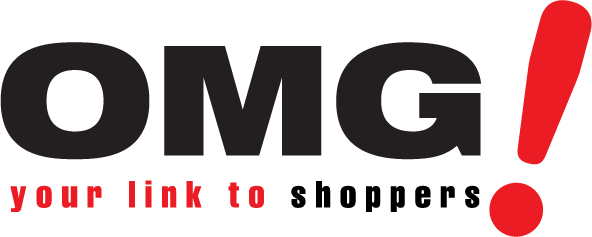Data Analytics Tools Comparison
OUTCOMES
Businesses can make use of the data collected by consumers to improve their products and services in order to meet customer needs. Selecting the right analytics tool to collect and analyze this data is a crucial step to achieving the business objectives to improve engagement, increase sales, and more efficient operations.
Start by deciding what data types you want to integrate and how you plan to integrate them. Some tools are designed for traditional enterprise reporting while others are designed to assist you perform advanced mathematical analyses or track sensitive data like health data. You should also consider how the analytics tool you’re looking at will https://softwarehall.com/software-tools-you-definitely-need-to-use integrate with your existing workflow and data structure.
Some tools provide an iterative experience for data scientists and advanced users, whereas others are designed to enable non-technical or novice users to perform point-and-click analysis. Be aware of the capabilities and features of each tool, especially those related to data visualization. Certain tools are designed to create visual charts while others require SQL or third-party tools in order to model the data prior to it being able to be analysed.
After narrowing your options down, you should consider the price as well as whether the platform is dependent on software licenses or subscription fees. Some tools are free, while others require a significant upfront investment to get started and ongoing maintenance costs. Be sure to evaluate these costs to the potential return from the insight and efficiencies obtained by using the analytics tool.

